
7 reasons soccer is essential for kids
You might think of it as a physical literacy wonder drug
Soccer is the largest sport in Canada with roughly 500,000 kids ages 4-12 playing the game. With all of those soccer balls being kicked, physical literacy has to figure big in the development of our players.
Active for Life has information, advice, and resources for parents who want to raise successful young soccer players with a good foundation in physical literacy. Check out these articles:

You might think of it as a physical literacy wonder drug

The right sort of exposure depends on the age of your child

Why you need to teach kids under twelve to love the game, and not worry about league standings
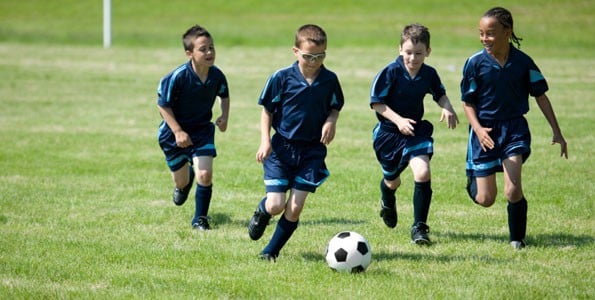
When children first begin playing sports, learning from mistakes is more crucial than learning to win
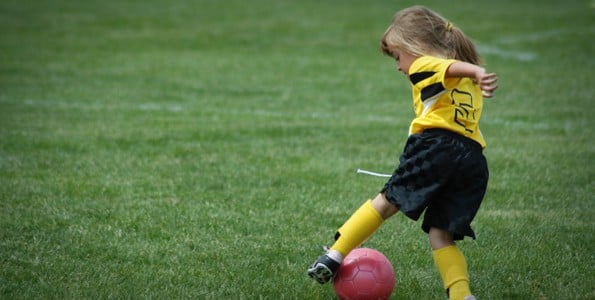
Here’s how you can get your child the right introduction to soccer

All you need is a ball, some cones, and a desire to have fun
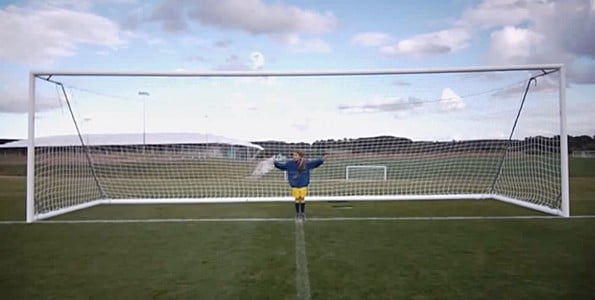
Children need an age-appropriate space to feel comfortable and have fun
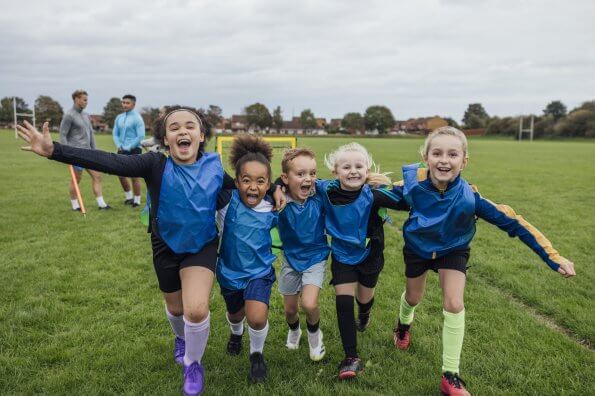
Repetition of one activity to the exclusion of all others is rarely wise
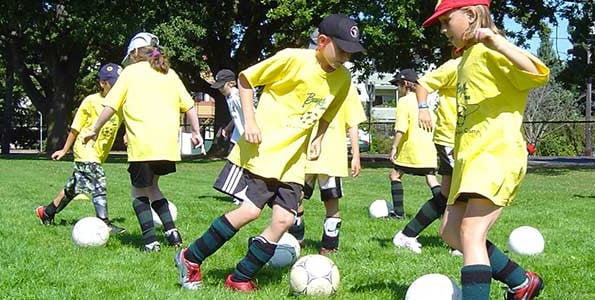
As Lionel Messi said: “Soccer is a game to have fun”

Soccer is an easy game to understand and it’s fun to play
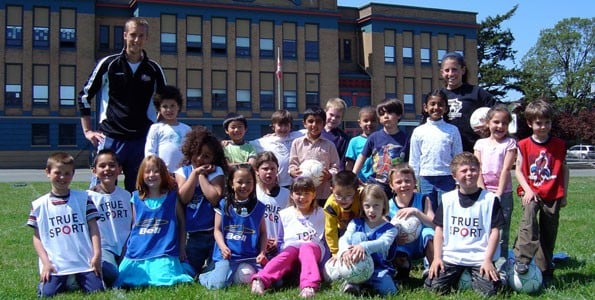
Soccer outreach program helps underprivileged kids play a sport, learn skills, and have fun

The coach of Canada’s women’s national soccer team says kids need to develop basic movement skills
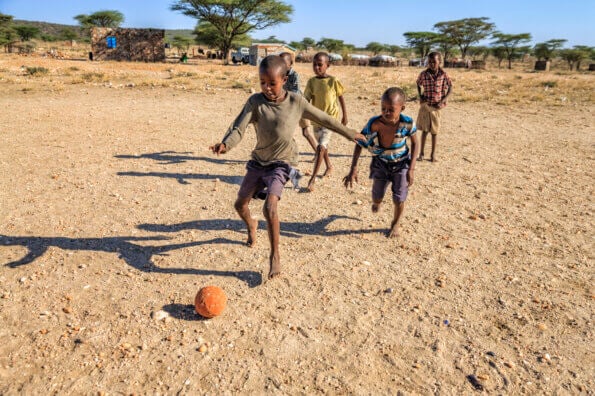
When passion and imagination become the mother of invention
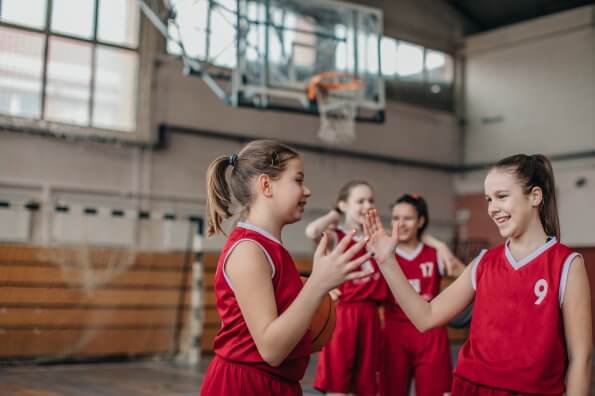
Here’s a hint: it’s not single sport specialization

Coaches and parents should place more emphasis on skills development than winning
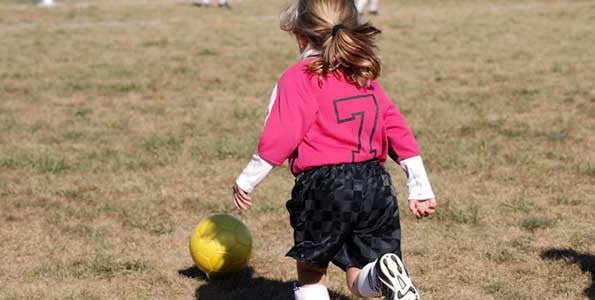
Success in soccer depends on dribbling, passing and shooting

Kids playing soccer should be encouraged to become creative
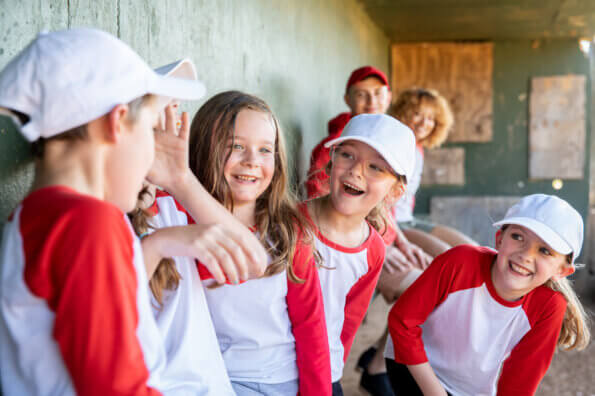
Kids play sports for the fun of it

Kids should participate in many different sports and physical activities
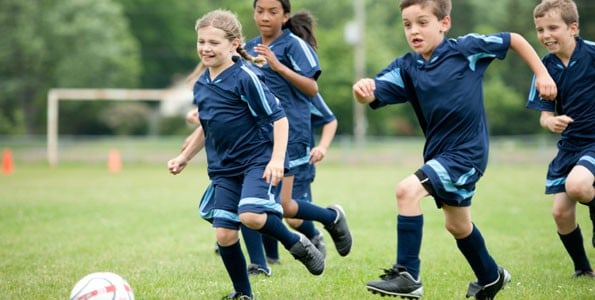
Shedding a little common sense on the LTPD standings controversy
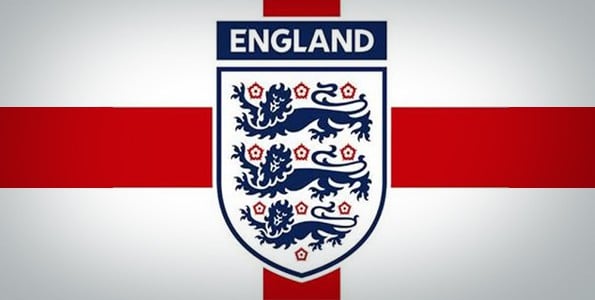
Recent changes in Canadian youth sports that promote children’s physical literacy are starting to happen in other countries. The motherland of soccer, England, is making sweeping changes to kids’ “football.” The English Football Association (FA, for short) is officially backing a switch to small-sided mini games for kids, with an emphasis on developing skills and … Continued

Toddlers and preschoolers need to learn fundamental movements skills before they’re ready to learn the more complicated skills required in structure activities and sports. The best way to help your children learn fundamental movement skills such as running, jumping, throwing and catching is to give them lots of opportunity for unstructured play in environments that … Continued

Based on a true story, this film is about boys who will do anything to play soccer